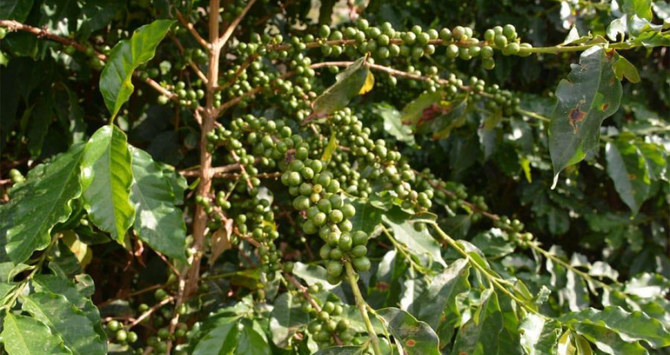RIYADH: An additional 250,000 coffee trees were planted in Saudi Arabia over the past three years, increasing the total number in the Kingdom to 400,000 by the end of 2020, according to the Ministry of Environment, Water and Agriculture.
Official statistics indicate that in 2017 there were fewer than 150,000 coffee trees in the coffee-growing regions of Jazan, Asir and Baha. With the support of the Saudi government that number has more than doubled.
The ministry said that authorities in the Kingdom supports coffee projects through a number of programs and initiatives. These include efforts to rehabilitate agricultural terraces, and the application of rainwater-harvesting techniques.
In addition, an agreement has been reached with the International Fund for Agricultural Development to include coffee cultivation within the fund’s work in the Kingdom. The ministry said a project will be launched in the Coffee Development City in Baha region that includes the planting of more than 300,000 trees, the development of an integrated coffee factory to handle sorting, processing, roasting and packaging, and the creation of the largest coffee exhibition in the Kingdom.
In addition a coffee research unit, the first of its kind, has been established at the Agricultural Research Center in Jazan, the ministry said, in recognition of the region’s successes in the cultivation of coffee.
The ministry stressed its continued support for enhanced production, and said that the development of coffee cultivation, marketing it locally and globally, and attracting further investments are important objectives of the Sustainable Agricultural Rural Development Program.
















